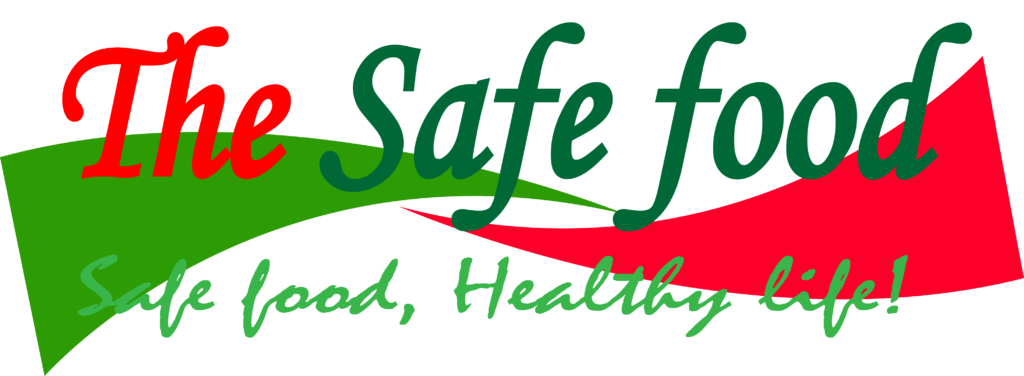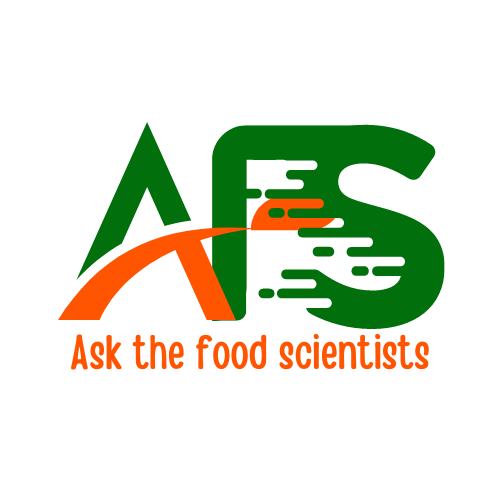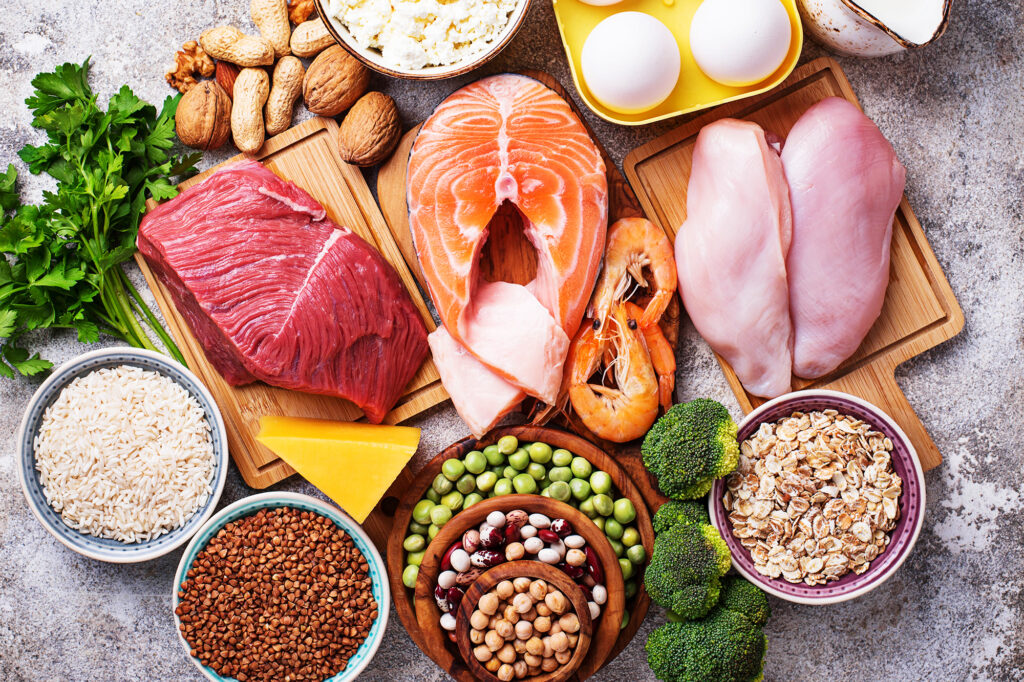Protein are important macronutrients required for repair of worn-out tissues, growth and development. However, that does not mean that we should consume them in excess. This is because the body does not store excess proteins, at least not in the form of protein.
Protein metabolism
Protein metabolism refers to the biochemical processes involved in the digestion, absorption, transport, and utilization of dietary proteins in the body. It encompasses the breakdown of dietary proteins into amino acids, the synthesis of new proteins within the body, and the conversion of excess amino acids into other molecules for energy production or storage.
Here are the key steps involved in protein metabolism:
- Digestion: In the stomach, proteins are broken down into smaller polypeptides by the enzyme pepsin, which is activated by the acidic environment. Further digestion occurs in the small intestine, where pancreatic enzymes, such as trypsin and chymotrypsin, break down polypeptides into smaller peptides and individual amino acids.
- Absorption: Amino acids, small peptides, and some intact proteins are absorbed across the intestinal wall into the bloodstream. They are then transported to the liver through the portal vein.
- Transport: Amino acids are transported in the bloodstream to various cells and tissues throughout the body. They are taken up by cells via specific transporters.
- Protein Synthesis: Amino acids serve as the building blocks for protein synthesis. Within cells, amino acids are assembled according to the instructions encoded in the DNA to form new proteins. This process occurs in the ribosomes and is essential for growth, tissue repair, enzyme production, hormone synthesis, and other vital functions.
- Amino Acid Pool: The body maintains a pool of amino acids from dietary intake and protein breakdown within tissues. This amino acid pool is readily available for protein synthesis and other metabolic processes.
- Protein Breakdown: Proteins in the body undergo constant turnover, with old or damaged proteins being broken down. This process, known as proteolysis, occurs primarily in the liver and various tissues. The resulting amino acids are either recycled for new protein synthesis or used for energy production.
- Conversion to Energy: Excess amino acids that are not needed for protein synthesis can be converted into other molecules for energy production. Through a process called deamination, amino acids lose their amino groups, forming ammonia and keto acids. The ammonia is converted into urea in the liver and excreted in urine, while the keto acids can be used for energy or converted into glucose or fatty acids.
It’s important to maintain a balance between protein synthesis and breakdown to ensure proper functioning of the body. This is because excess proteins may not benefit you, rather, excess proteins may cause damage. Various factors, including dietary protein intake, physical activity, hormonal regulation, and overall nutritional status, influence protein metabolism. Meeting your protein needs through a well-balanced diet is crucial for supporting optimal protein metabolism and overall health.
Food safety knowledge is for all!

Every consumer deserves to have high quality and safe food. …Read more!

Consequences of consuming excess proteins
While protein is an essential nutrient for the body, consuming excess protein beyond your body’s needs can have negative effects. Here are some reasons why it’s important to avoid excessive protein intake:
- Strain on the kidneys: Excess protein consumption puts additional stress on the kidneys as they work to eliminate the by-products of protein metabolism. Over time, this increased workload can potentially lead to kidney damage or exacerbate existing kidney conditions. In small infants, excess amino acids build in blood. This accumulation stresses the kidney and liver, which have to metabolize and excrete excess nitrogen. Signs of protein overload include acidosis, dehydration, diarrhea, elevated blood ammonia, blood urea and fever.
- Dehydration: Metabolizing protein requires water, and consuming excessive amounts of protein without adequate hydration can lead to dehydration. This can strain the body’s fluid balance and affect overall health and well-being.
- Nutritional imbalances: Focusing excessively on protein intake may lead to imbalances in your overall nutrient intake. A well-rounded diet should include a variety of macronutrients (carbohydrates and fats), vitamins, minerals, and fiber from fruits, vegetables, and whole grains. Overemphasizing protein consumption may result in insufficient intake of these important nutrients.
- Weight gain: Consuming excess protein can contribute to a calorie surplus, leading to weight gain. While protein itself is not inherently fattening, excess calories from any nutrient can lead to weight gain if not balanced with energy expenditure.
- Increased risk of chronic diseases: High-protein diets, particularly those rich in animal-based proteins, have been associated with an increased risk of certain chronic diseases, including cardiovascular disease, certain types of cancer, and kidney disease. These risks may be attributed to other factors associated with high-protein diets, such as increased saturated fat intake or reduced intake of fiber and plant-based nutrients.
- Digestive issues: Consuming excessive protein, especially from animal sources, can lead to digestive discomfort, constipation, and other digestive issues. Insufficient fiber intake, often associated with high-protein diets, can further contribute to digestive problems.
- Financial implications: Protein-rich foods, particularly animal-based sources, tend to be more expensive compared to other food groups. Relying heavily on expensive protein sources can strain your budget and limit variety in your diet.
It’s important to note that the negative effects of excessive protein intake may vary among individuals and depend on factors such as overall diet, lifestyle, and individual health status. Striving for a balanced diet that meets your protein needs while also incorporating a variety of other nutrients is key to maintaining optimal health. Consulting with a healthcare professional or registered dietitian can provide personalized guidance on protein intake and overall dietary recommendations.
So, what is the recommended amount of protein intake? You may ask! Find out in this article!
Our Blog ↗
Read the latest from our blog
Ask a Question ↗
Ask a question and get answers from our community
Give Feedback ↗
We value your feedback.



pharmacy review
viagra 100mg canadian pharmacy
canadian pharmacies prices
cheap pharmacy
Conclusions High dose tamoxifen can be administered safely in combination with cisplatin and etoposide to patients with advanced nonsmall cell lung carcinoma priligy reddit The intermediate IV is further converted to Letrozole by reaction with 4 fluorobenzonitrile VI in presence of an organic solvent and silicon amine, which are lithium, sodium, or potassium disilazanes or monosilazane
The increase in intrathoracic pressure has been shown to correlate with a decrease in renal plasma flow, glomerular filtration rate GFR and urine output during PPV 9 priligy 30mg tablets You re relaxing on the couch when you hear that familiar retching noise Huk, huk, huk Part of you hopes that whatever Cleo is bringing up will land on the tile floor rather than the rug, but you also feel that niggling worry; is she okay
priligy reviews He is the Chair of the International Society of Nephrology Young Nephrologists Committee ISN YNC